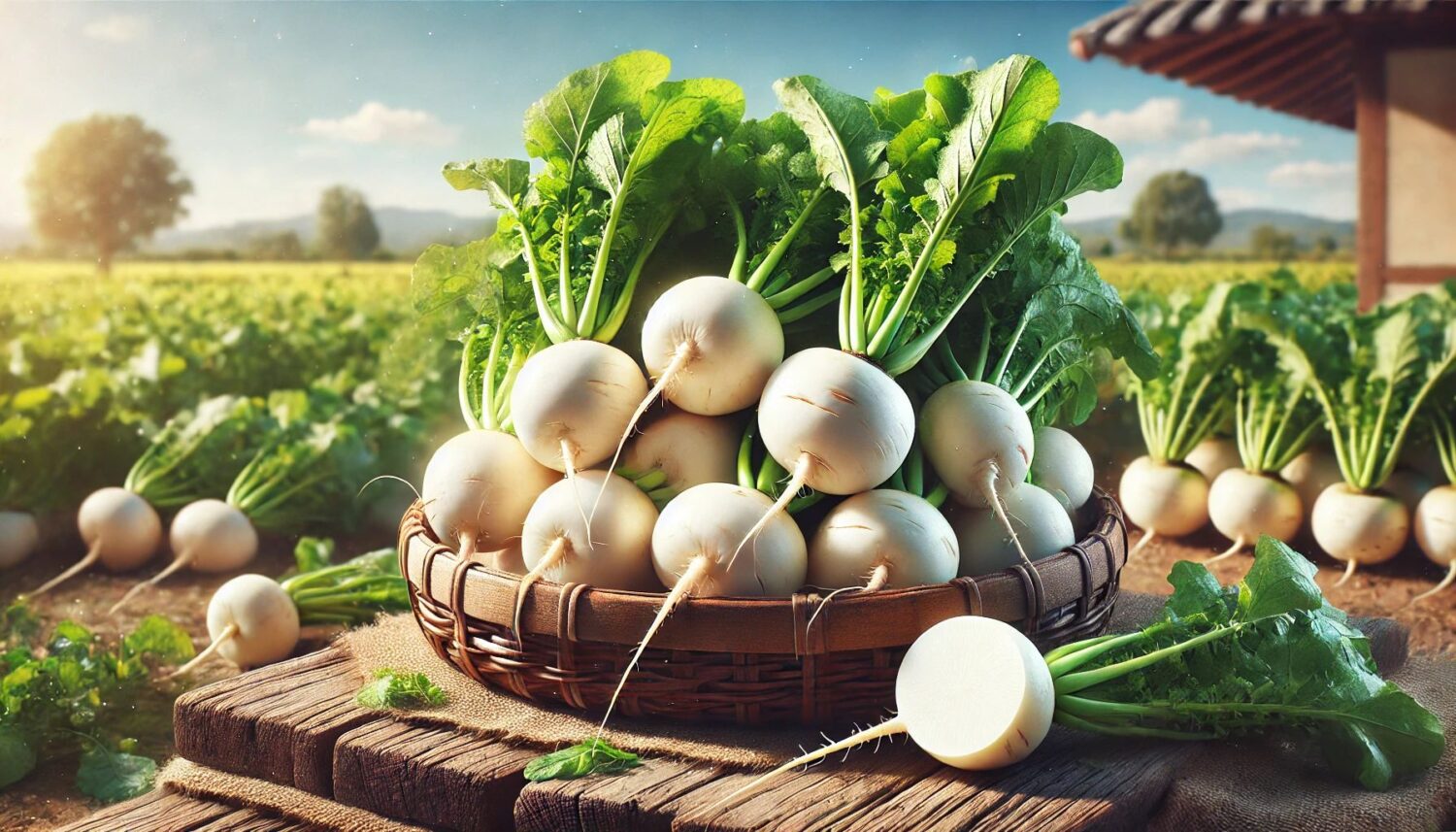
Date: 02/22/2025 02/23/2025
Location: Star Lake Meditation Center
Teacher: Shilin Long
Buddhist Diet and Regimen
The Impact of a Vegetarian Diet on Blood Pressure
Summary
Hypertension is a common chronic disease worldwide and is closely related to cardiovascular health. Diet plays a crucial role in blood pressure management. A vegetarian diet, rich in plant-based foods, low in saturated fat, and high in dietary fiber, is considered beneficial for regulating blood pressure. This article explores how a vegetarian diet affects blood pressure and provides dietary recommendations for maintaining healthy blood pressure levels.
1. How a Vegetarian Diet Helps Lower Blood Pressure
1.Reduced Saturated Fat Intake: A vegetarian diet eliminates animal fats, avoiding red meat and processed meats high in saturated fat, which helps lower cholesterol and reduce arterial stiffness.
2.Rich in Potassium for Blood Pressure Balance: Potassium aids in blood vessel relaxation and counteracts the negative effects of sodium. Vegetarian diets are abundant in potassium-rich foods such as bananas, sweet potatoes, spinach, and legumes.
3.High in Dietary Fiber for Vascular Health: Whole grains, legumes, and vegetables contain fiber that helps lower cholesterol, improve circulation, and stabilize blood pressure.
4.Lower Sodium Intake: Vegetarian diets often avoid processed foods, which are high in sodium—a major contributor to high blood pressure.
2. Best Vegetarian Foods for Blood Pressure Management
1.Potassium-Rich Foods: Bananas, sweet potatoes, spinach, and avocados help balance sodium levels and lower blood pressure.
2.Magnesium-Rich Foods: Nuts, legumes, and whole grains contain magnesium, which helps relax blood vessels and improve blood pressure levels.
3.Antioxidant-Rich Foods: Blueberries, carrots, and tomatoes are packed with antioxidants that reduce oxidative stress on blood vessels.
4.Healthy Fat Sources: Olive oil, flaxseeds, and walnuts provide unsaturated fats that support cardiovascular health.
3. Foods to Avoid That May Raise Blood Pressure
1.High-Sodium Foods: Pickled foods, processed foods, and salty snacks should be limited.
2.Overly Processed Foods: White bread, pastries, and high-glycemic foods can affect blood sugar and blood pressure stability.
3.Sugary Beverages: Excess sugar intake may increase blood pressure risk; opt for natural drinks like green tea or warm lemon water instead.
4. How to Maintain Healthy Blood Pressure with a Vegetarian Diet
1.Balanced Meals: Incorporate foods rich in potassium, magnesium, fiber, and healthy fats for optimal nutrition.
2.Control Sodium Intake: Choose fresh ingredients, limit processed foods, and use natural seasonings like lemon, ginger, and garlic for flavoring.
3.Adopt Healthy Lifestyle Habits: Combine a balanced diet with regular exercise, proper sleep, and stress management techniques such as meditation or yoga for effective blood pressure control.

